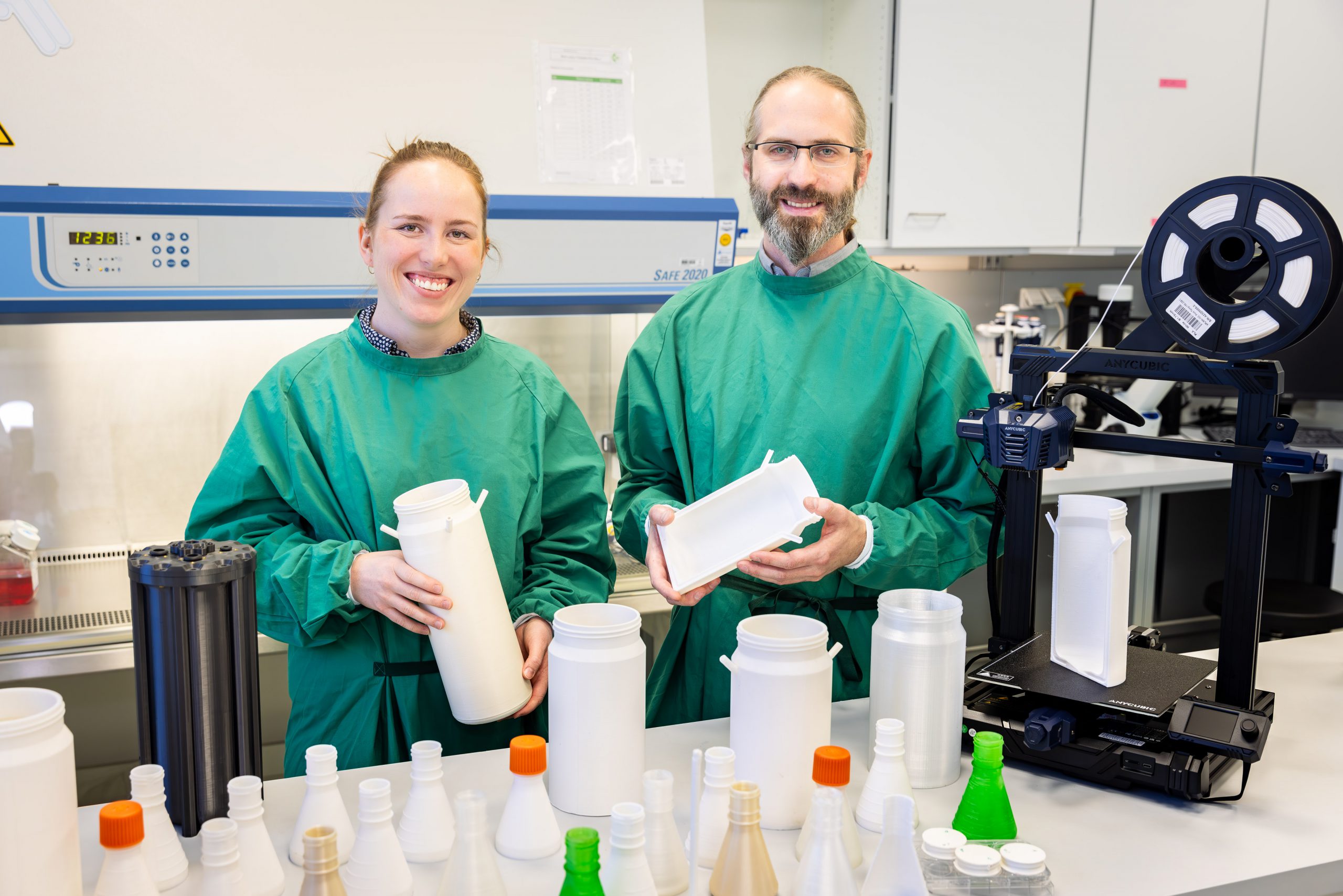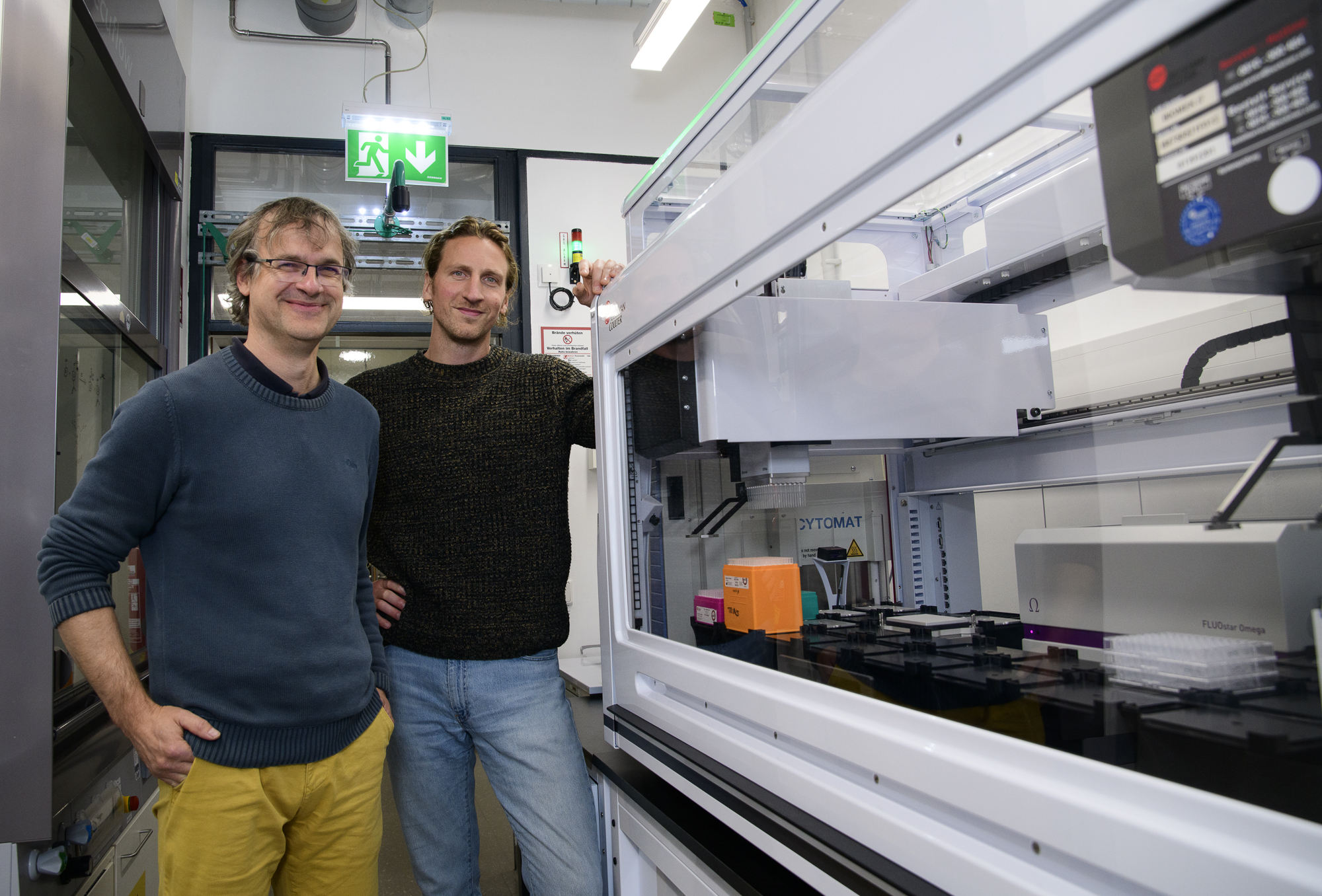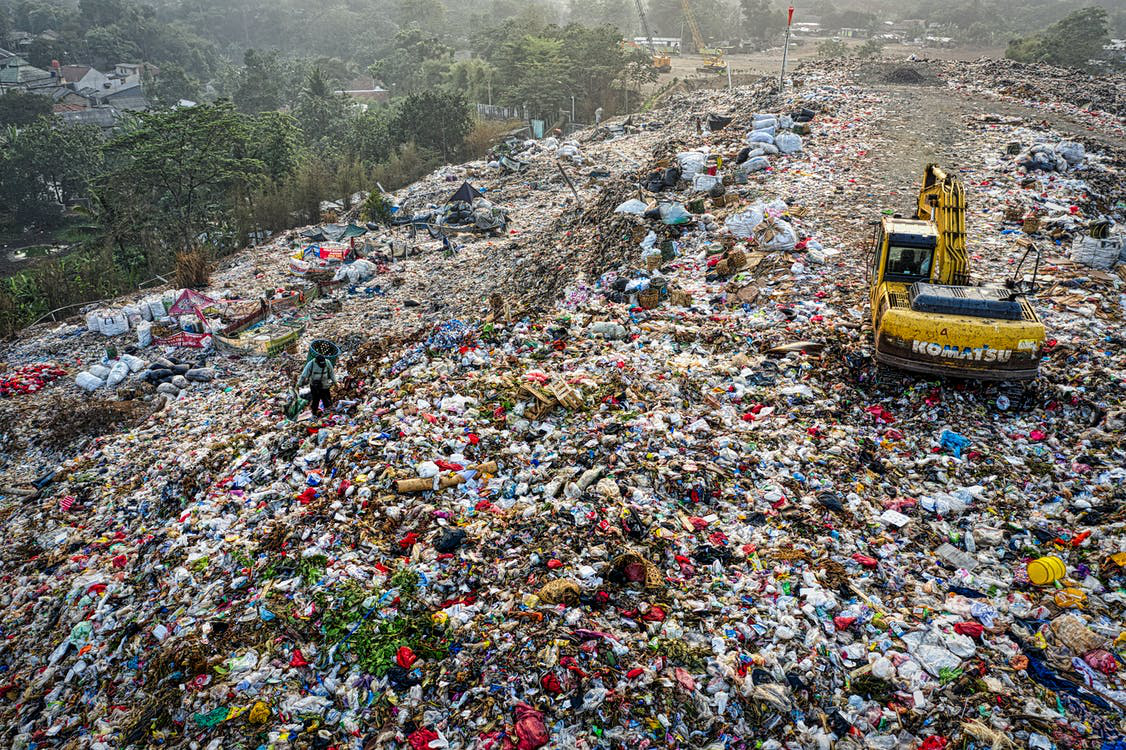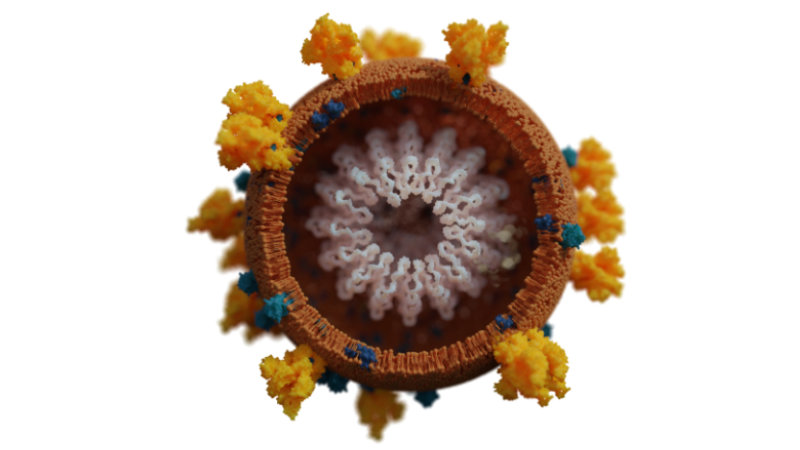
Sterile laboratory equipment from the 3D printer
Viennese acib and BOKU researchers are developing a sterile 3D printing process that can be used to produce laboratory equipment from environmentally friendly and biodegradable plastic. This could avoid several million tons of single-use plastic waste and reduce resource, energy






